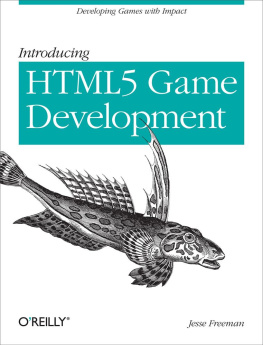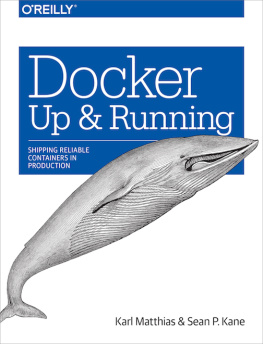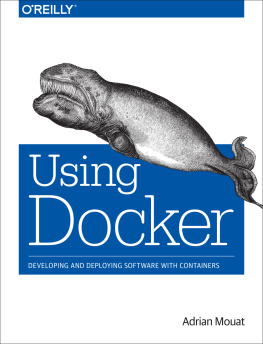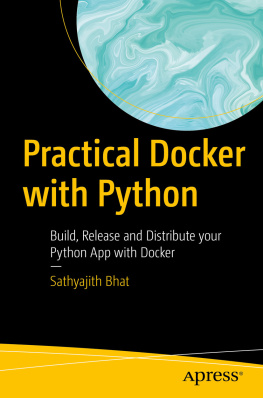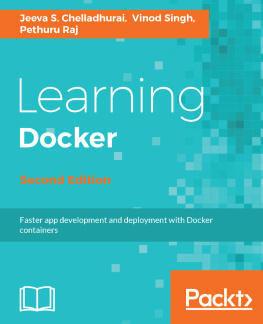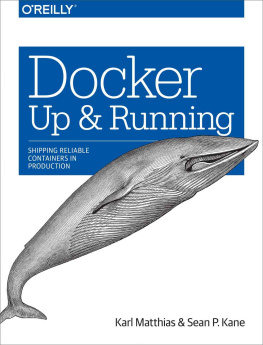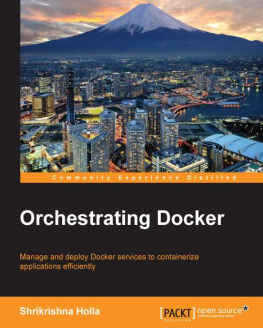Docker helps to solve two important problems that affect any complex project but that are especially prevalent in ASP.NET Core projects: the consistency problem and the responsiveness problem.
What Is the Consistency Problem?
Most ASP.NET Core MVC applications are made up of multiple components. There will be at least one server running the MVC application and usually a database to persistently store data.
Complex applications may require additional components: more application servers to share the work, load balancers to distribute HTTP requests among the application servers, and data caches to improve performance. As the number of components increases, additional servers are needed, as are networks to link everything together, name servers to aid discovery, and storage arrays to provide data resilience.
Few projects can afford to provide each developer with a complete replica of the production systems. As a consequence, developers create an approximation of the production systems, typically running all the components required by an application on a single development workstation and ignoring key infrastructure such as networks and load balancers.
Working with an approximation of the production system can lead to several different difficulties, all of which arise because the platform that the developer is using is not consistent with the production systems into which the application is deployed.
The first difficulty is that differences in the environment can cause the application to behave unexpectedly when it is deployed. A project developed on Windows but deployed onto Linux servers, for example, is susceptible to differences in file systems, storage locations, and countless other features.
The second difficulty is that the approximations developers use to represent the production environment can drift apart. Dependencies on different versions of development tools, NuGet packages, and even versions of the .NET Core and ASP.NET Core runtimes can occur, leading to code that makes assumptions that are not valid in production or on other developers workstations, which have their own approximation of production.
The third difficulty is performing the actual deployment. The differences between development and production systems require two configurations, one of which is difficult to test until the moment of deployment. I have lost track of the amount of time that I have spent over the years trying to deploy applications only to find that a single character is missing from a configuration setting or that there is a hard-coded assumption that the database can be accessed via localhost .
The fourth difficulty is that it can be difficult to ensure that all the servers for an application are configured consistently. A misconfigured server may cause only periodic problems, especially if a users HTTP requests are distributed to a large group of servers, and identifying the problem and isolating the cause can be a difficult task, made fraught by having to perform diagnostics on a live production system.
How Does Docker Solve the Consistency Problem?
When you put an ASP.NET Core MVC application in a containera process known as containerization you create an image, which is a template for containers that includes the complete environment in which the application will exist. Everything that will be used to run the application is part of the image: the .NET Core runtime, the ASP.NET Core packages, third-party tools, configuration files, and the custom classes and Razor views that provide the application functionality.

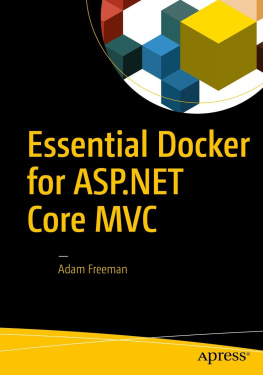


![Freeman - Pro design patterns in Swift: [learn how to apply classic design patterns to iOS app development using Swift]](/uploads/posts/book/201359/thumbs/freeman-pro-design-patterns-in-swift-learn-how.jpg)

